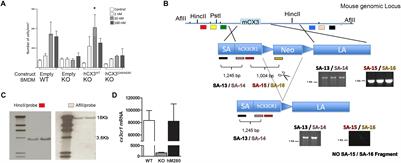PERSPECTIVE
Published on 13 Feb 2019
Suicide and Microglia: Recent Findings and Future Perspectives Based on Human Studies
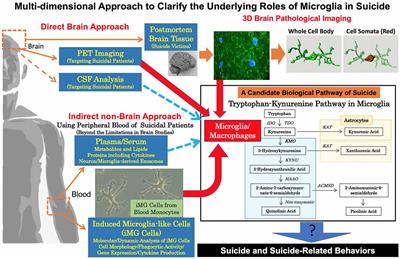
doi 10.3389/fncel.2019.00031
- 8,029 views
- 73 citations
119k
Total downloads
662k
Total views and downloads
PERSPECTIVE
Published on 13 Feb 2019

REVIEW
Published on 18 Dec 2018
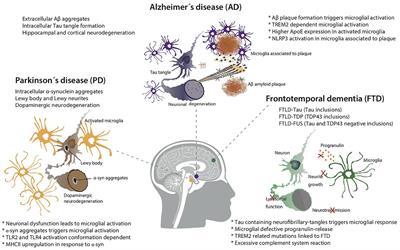
BRIEF RESEARCH REPORT
Published on 13 Dec 2018
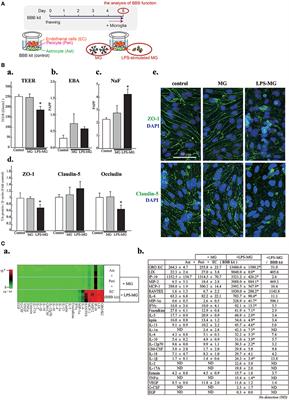
ORIGINAL RESEARCH
Published on 21 Nov 2018
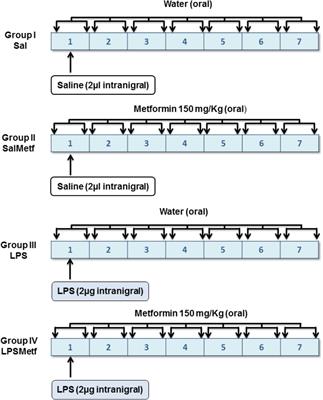
ORIGINAL RESEARCH
Published on 14 Nov 2018
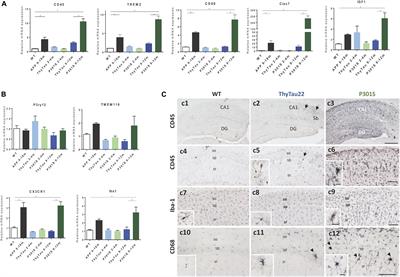
PERSPECTIVE
Published on 12 Nov 2018
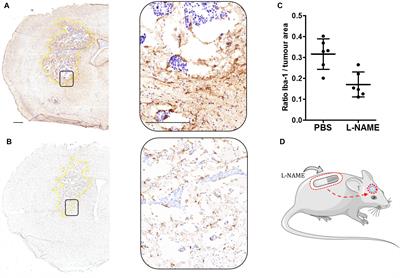
ORIGINAL RESEARCH
Published on 06 Nov 2018
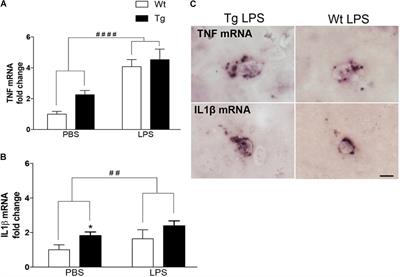
ORIGINAL RESEARCH
Published on 06 Nov 2018
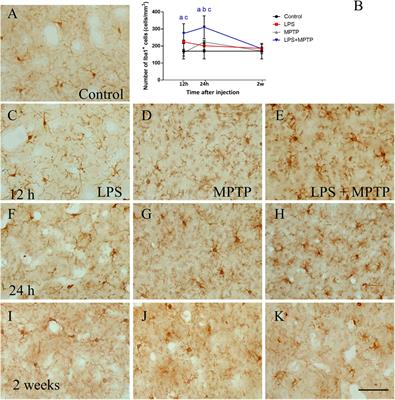
ORIGINAL RESEARCH
Published on 05 Nov 2018
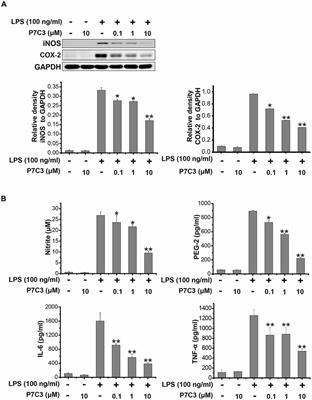
REVIEW
Published on 23 Oct 2018
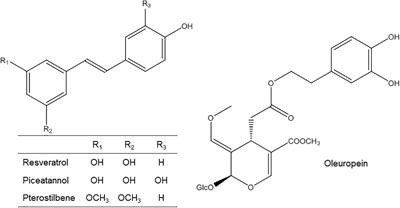
ORIGINAL RESEARCH
Published on 18 Oct 2018

ORIGINAL RESEARCH
Published on 17 Oct 2018
